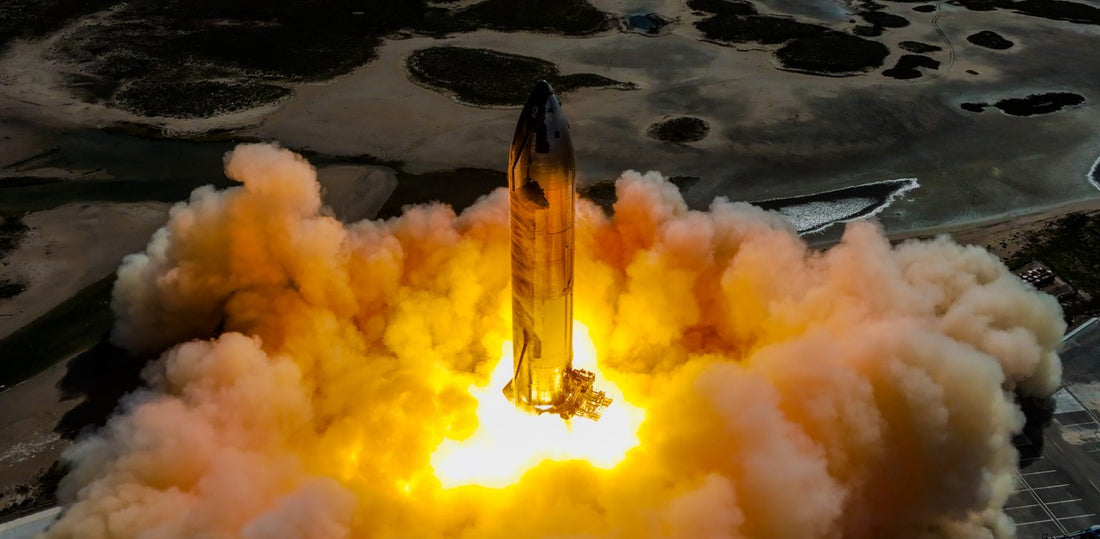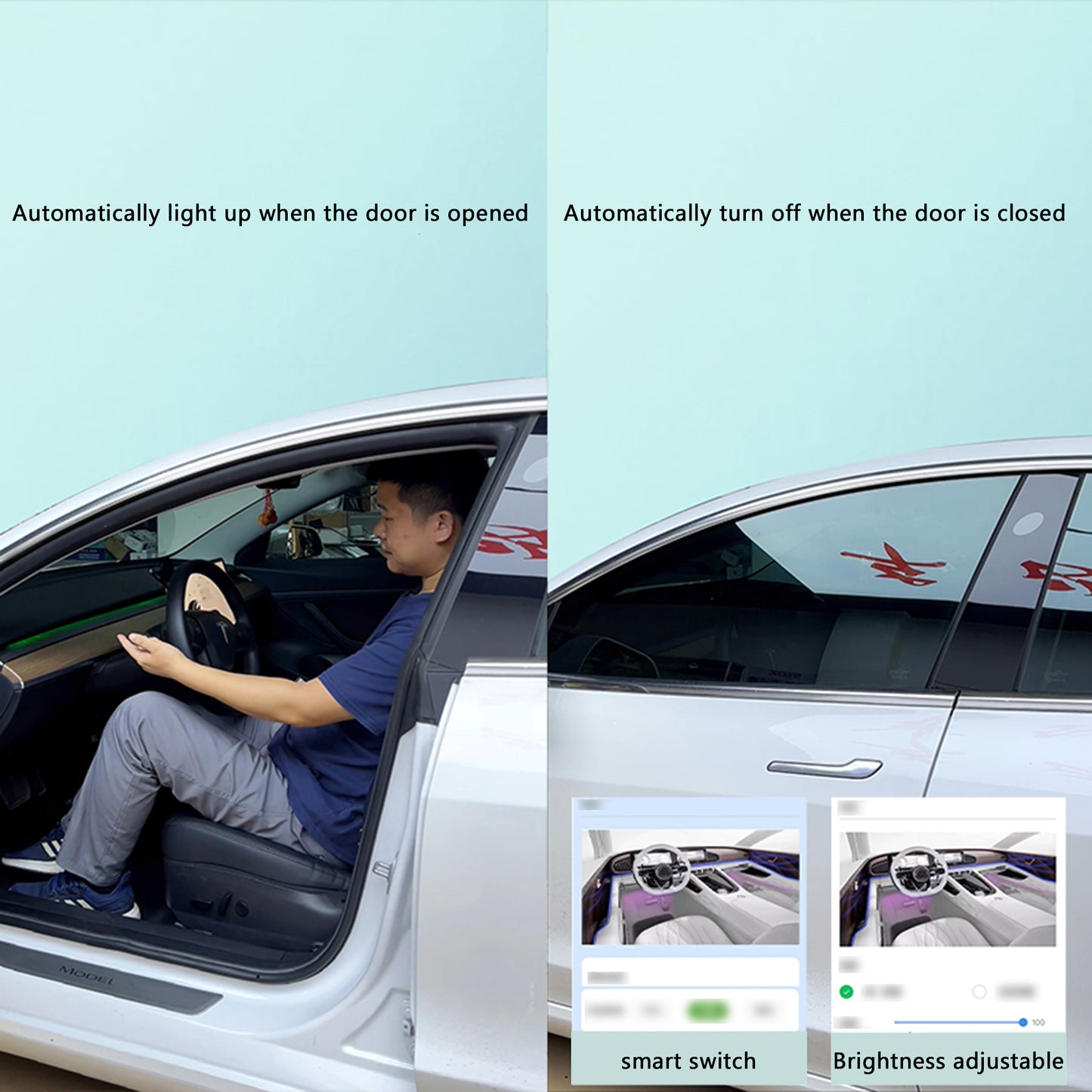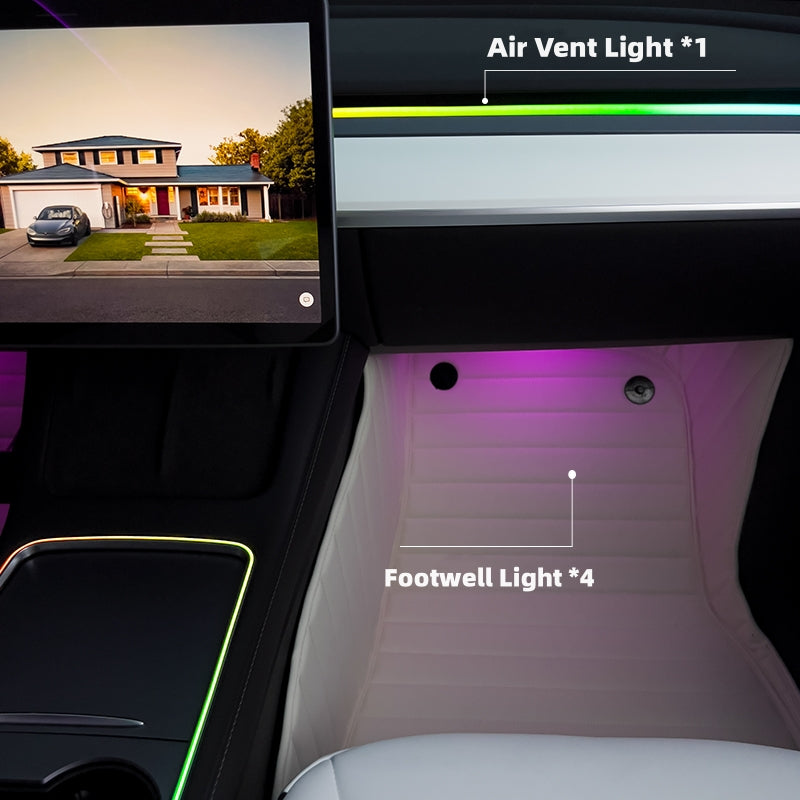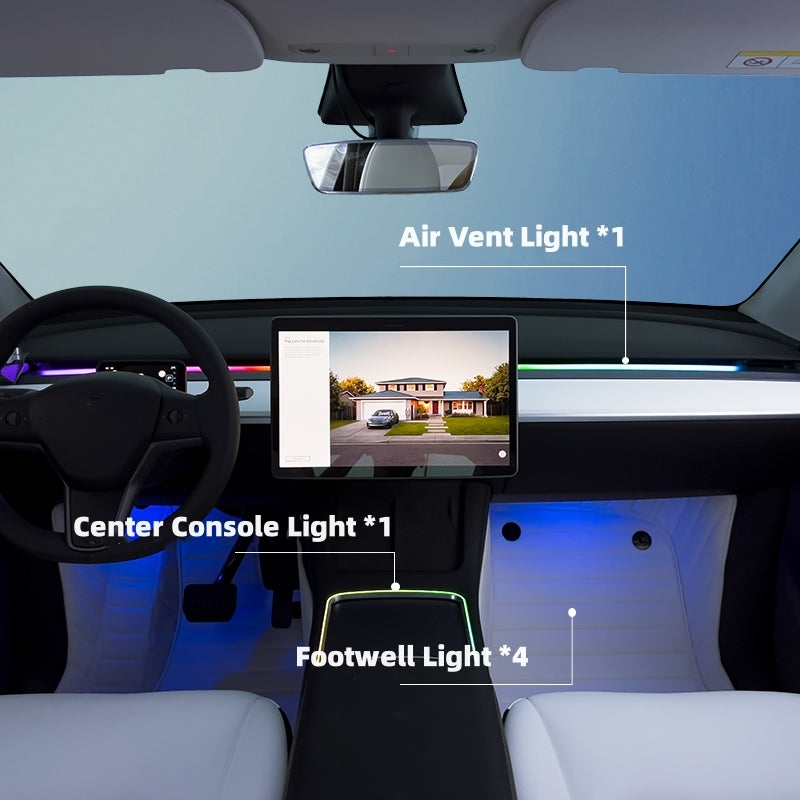
SpaceX is on the verge of obtaining approval for its third Starship launch as the Federal Aviation Administration (FAA) concludes its investigation.
The second Integrated Flight Test (IFT-2) for Starship occurred on November 18, 2023, with explosions during the launch leading to a thorough FAA investigation. Both the Super Heavy first-stage booster and the Upper Stage (Starship) experienced explosions, prompting the FAA to highlight the need for various changes to address safety, environmental, and regulatory concerns.
The FAA specified that SpaceX must implement corrective actions and secure a license modification before the next launch. With the investigation now closed, SpaceX is required to modify its license and provide the necessary information to the FAA, demonstrating that it has implemented corrective actions on the Super Heavy booster and Starship's upper stage.
Out of the 17 corrective actions related to the Super Heavy first-stage booster, adjustments include vehicle hardware redesigns, updated control system modeling, re-evaluation of engine analyses based on flight data, and updated engine control algorithms. The remaining 10 corrective actions for the upper stage involve hardware redesigns, operational changes, flammability analysis updates, installation of additional fire protection, and guidance and modeling updates.
Despite the corrective actions needed, the proximity to clearance signals that Starship's next test flight may be imminent. While SpaceX awaits FAA approval, the completion of the investigation brings them closer to the goal.
SpaceX has an ambitious schedule for 2024, intending to launch Starship at least nine times. This plan aligns with the company's revised license filed earlier in the year, reflecting their commitment to advancing Starship development and testing.
-------The article excerpted from TESLARATI.














